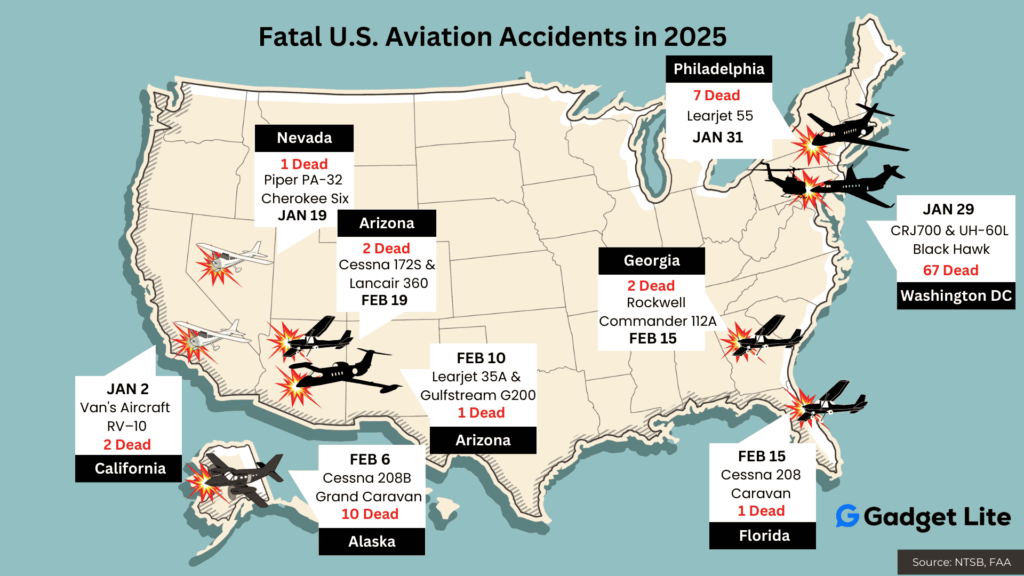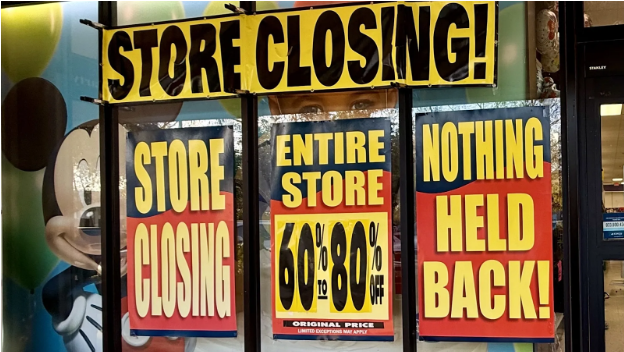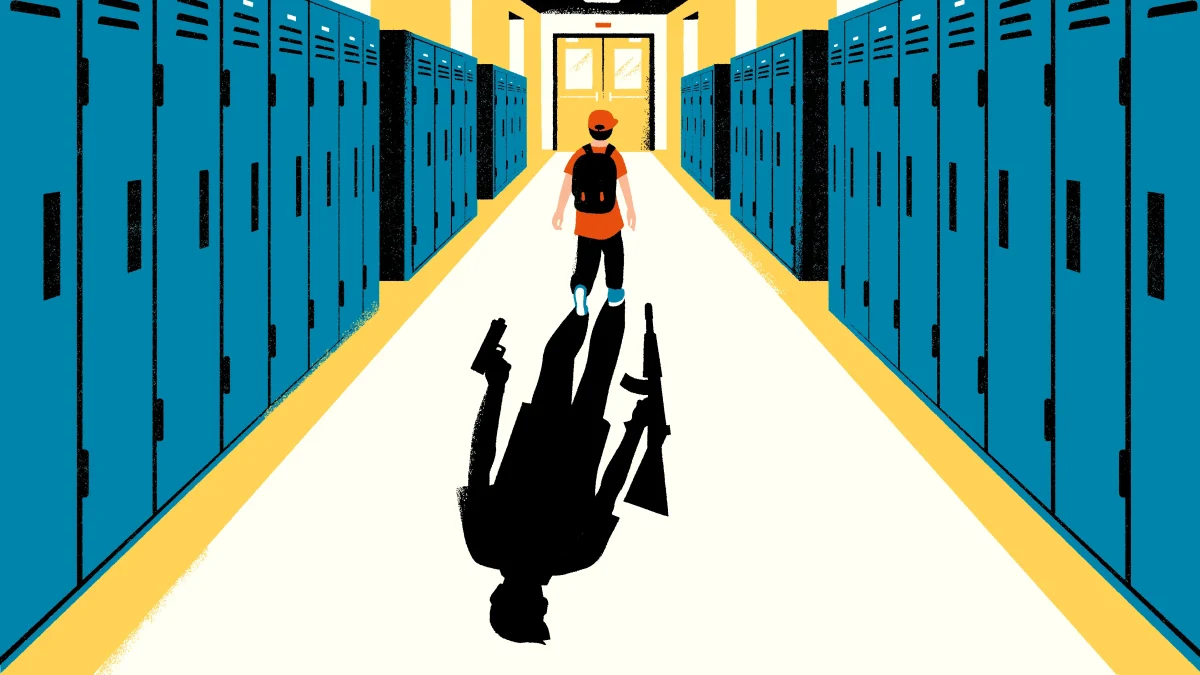
As of 2009, California’s minimum wage has been $7.25, and has not increased until 2021, when the Raise The Wage Act of 2021 increased the minimum wage to $15.50. This act had planned to generate $107 billion in additional wages to bring Americans closer to having essential resources for a healthy life.
Beginning in 1938, with the ambition of President Roosevelt, The U.S. Congress
embraced the Fair Labor Standard Act, which introduced the federal minimum wage in response to the post- Great Depression. The idea of minimum wage was not accepted by all at first due to the fact it was only applied to women and children who worked in “sweatshops” in 1909. It took from 1923 to 1941 for the act to be validated by the Supreme Court as constitutional. Having expanded from women and children, the minimum wage was fundamental for everyone who were unemployed or lost their life savings due to bank failure.
According to the U.S. Department Of Labor, the minimum wage applies “under specific circumstances to workers with disabilities, full-time students, youth under age 20 in their first 90 consecutive calendar days of employment, tipped employees and student-learners.” But, does this truly help the economy?
The answer is yes. Workers who have “a higher minimum wage would put more discretionary dollars in the pockets of millions of workers; money that would then flow to retailers and other businesses”, according to investopedia. With more money flowing in the economy, it can boost economic growth, stimulating the economy, and generating bigger business enterprises.
A problem taken into consideration is inflation, which seems to be tied to the minimum wage in a repetitious cycle. The rise in prices may greatly affect the middle class and small businesses since they are the largest group of consumers of goods and services. Another aspect is increasing job cuts. If the updated minimum wage does not match the gross income of the corporation, they would most likely hire less employees to save money. Leading into a higher rate of unemployment, there will not be more money to flow into the economy if no one has jobs.
With more young people being recruited, the older employees experience ageism. Ageism is discrimination of solely based on someone’s age, which is a huge problem in the workplace. According to Axios, 40% of workers over the age of 40 have said to have experienced ageism in the past 3 years.These older employees’ compensation are usually higher than the younger employees, so employers lay off older employees for new and younger ones with lower wages, the minimum wage.
As of December of 2023, the minimum wage is $15.50, however it is already planned to increase 50 cents by Jan. 1, 2024. With many businesses closing down, along with many job opportunities due to the rise of shopping on the internet, many newly developed jobs will strictly be for technology. Robots and self- checkout machines have already begun taking the jobs of many in grocery,clothing stores, and now fast-food restaurants, all greatly affecting the rate of unemployment in many work industries.
Society should not worry about how the future will unfold as technology advances, along with increased prices of goods and services, because these new developments will provide future generations with completely new digital jobs that will still supply a wage that can sustain a family. According to Drata, Recently created jobs, like cyber security, which was created in 1987, has a salary ranging from $70k to $100k, since it has become high in demand, growing twice as fast due to increasing amounts of cyber attacks surfacing online.
As the minimum wage increases, providing a chance for many to create a stable lifestyle, and the rise of new jobs that do not explicitly need on-the-job training, the economy can continue to grow. However, the minimum wage is not supposed to be lived off of. It is meant to give people a start in their careers and advance from the wage. Though many who are overqualified for the minimum wage take advantage of the growing wage system and work for a company that does not require a degree, over another company who does and pays a wage not much higher than the minimum wage, it prevents young and inexperienced workers from gaining the work experience they need.
There is no way to stop the rise of inflation that comes with the minimum wage, however if future generations focus on their education and are provided with a chance to grow from the bottom, the minimum wage, the economy could grow stronger and create many new work industries, providing more jobs for everyone.






